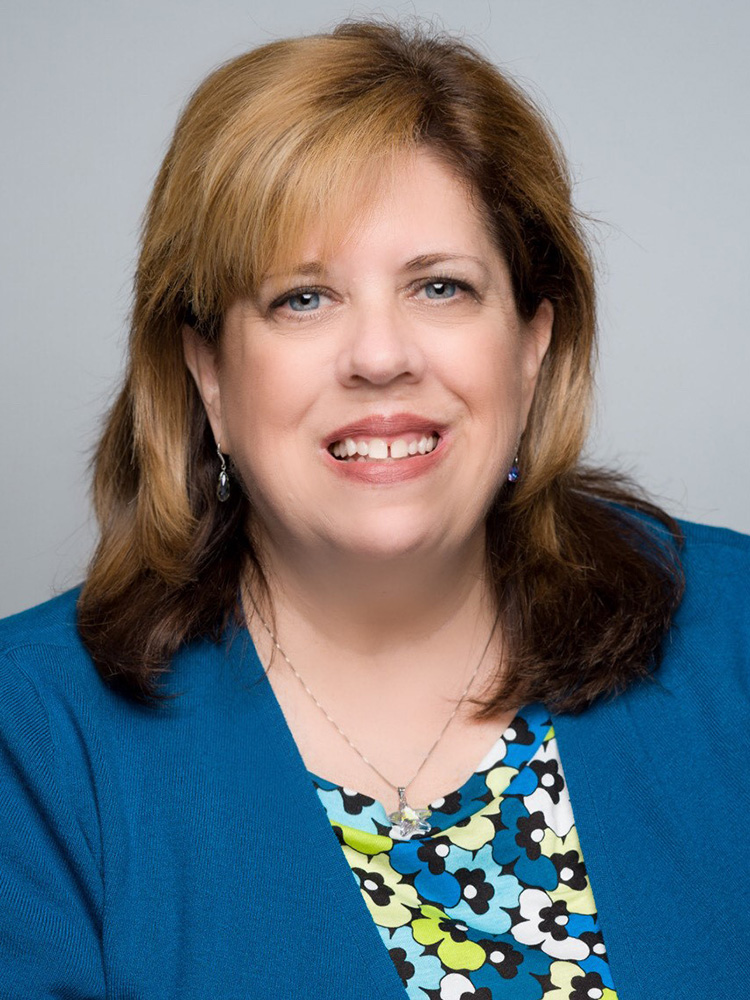
Can Outsourcing Billing Increase Home Infusion Revenue?
By Jeanne Lugli, Senior Director of RCM Operations for Pharmacy and Infusion at Brightree
High-cost drugs and slim margins have historically characterized the home infusion pharmacy industry. To maximize your potential profits, you need to have a highly trained, effective, and efficient billing and collections workflow in place. While it may appear as though outsourcing your revenue cycle management is more costly than managing the process in-house, you may actually be losing revenue using an in-house billing team due to a lack of expertise in home infusion billing strategies or an incomplete understanding of the complex process of collections that only comes from extensive home infusion industry experience.
Many professionals don’t realize that home infusion billing is an extremely specialized field and far more complex than other medical billing. An outsourcing firm that specializes in home infusion has the trained staff to ensure that you’re billing patients correctly, collecting everything you’re owed, and all claims are resolved in a timely manner. If you don’t have the right expertise driving your collections and billing processes, you may be missing out on the additional revenue that ensures you remain financially healthy and working towards your goals.
Doing everything you can in-house is a leading strategy for many businesses to save money and cut overhead spending. The comparison often comes down to just dollars and cents, asking the question: would I rather pay one employee a yearly salary to manage my billing, or potentially pay more to outsource my billing workflow? If you’re only thinking of paying more money vs. less money for the exact same service, then of course the choice is easy. But here’s the key point that too many home infusion business owners miss: one in-house employee with general billing or collections experience most likely cannot provide you the same level of service as an outsourced expert team.
If you do have a home infusion expert on staff, consider what loss you may experience if that one person leaves their position. Does that expertise leave with the employee? An outsourced team will be able to provide reliable, long-term support through a network of experts and resources that guarantees there is never a gap in your revenue management. Additionally, a dedicated home infusion partner will be the first to know about new therapies, new codes, and similar industry developments that would likely be less accessible to an in-house team. When you use a revenue cycle management (RCM) service, you can focus on patient care and leave the rest up to your outsourced partner.
The nuances of home infusion billing can seem overwhelming to many business owners or in-house teams. What’s more: there is not one set standard for home infusion billing and/or collections. Rather, you need to decipher the best billing methodology, almost always by using expertise established over several years. If you are a start-up business or are an established company looking to fill gaps in your revenue management, there are very few resources available for home infusion reimbursement, and literally none that can teach you how to create home infusion claims for each of your payers. Take this example of a familiar quandary:
You receive a referral for a patient going home on 1gm of Vancomycin every 12 hours (q12h) for 6 weeks. The clinical staff will first have to access the route of administration (such as a PICC line) and the method of administration (such as gravity, through a pump, or an elastomeric device). Additionally, they will need to determine if they will offer their own nursing, engage a nursing agency, or use an agency provided by the referral source.
Once the insurance investigation is completed and the product has been delivered to the patient, your billing staff must decide:
- How will the drug(s) be billed?
- Will they be billed NCPDP or on an 837 billed with the supplies? Even if a test claim was done for the drugs and they were approved, claims billed NCPDP does not always result in the highest level of reimbursement.
- It is a given that the primary drug (in this instance the Vancomycin) is billable, but what about the ancillary drugs dispensed? Is there coverage for:
- Flushes (such as heparin flushes)
- Diluent
- Any prophylactic drugs that are an integral step of providing infusion services at home, such as diphenhydramine or epinephrine.
- If there is equipment involved, how will that be billed?
- Is it billed on a daily basis, weekly basis, etc.?
- Should there be modifiers?
- Does it have to be billed on the same claim as the other items?
- Is it included in the per diem?
- How will the supplies be billed?
- Are they billed as line items, where any item that has a pro code is separately billed?
- Are they billed in a per diem format?
- If per diem, are there any (typically high-cost) supplies that may not be included in the per diem?
- Are they billed in a supply kit format?
- If so, which supply kits will you bill?
- Will you bill one supply kit or two?
- What if one of the applicable supply kits is billed per week, but the therapy is not dispensed in the same way? How will you ensure maximum revenue?
If just one of the above questions is ignored or incorrectly addressed, then you could be missing out on revenue that you are rightfully owed. Many pharmacies don’t even attempt to bill for some of the above items because they are considered low-cost. However, it doesn’t cost you any more up-front to have additional items billed, so why not maximize the reimbursement? Small costs add up over time, meaning your bottom line could be taking a significant hit without you even knowing it.
For the most part, every new patient and/or therapy requires an individual review, and it’s just not as straightforward as pressing a button to spit out a bill. The knowledge required to consistently ensure that every aspect of this type of billing is optimized is immense. Unfortunately, an in-house employee will rarely have the bandwidth, experience, or capabilities to ensure your cash flow stays on track.
An experienced billing team specializing in home infusion will know the best route to achieving the highest level of reimbursement possible, without increasing the patient’s financial burden.
Partnering with this type of revenue management team is almost always only possible by outsourcing. Look at it this way: By outsourcing collections to a service devoted to home infusion pharmacy management, you gain access to:
- A network of professionals with expertise that relates to your business
- Extensive resources, information, and up-to-date knowledge on industry best practices
- Answers to questions like: Why am I getting denials? How do I secure new contracts? Are there new therapies I could be offering?
- Resources to help you find coverage and therapy options that help improve patient outcomes
Home infusion billing has extensive complexities that make it virtually impossible to manage effectively without industry-specific experience and access to the right resources. Too often, we see businesses struggling to keep their head above water simply because they don’t have access to the knowledge of how to bill for home infusion accurately. While an in-house billing manager may seem like the easier or cheaper road to managing your finances, the particular challenges of home infusion billing and collections mean that an outsourced service will likely be your best option ensure you get paid everything you’re owed.
Learn more about how a specialized home infusion pharmacy billing service could help keep your finances on track and grow your business, or get in touch with a Brightree expert today to discuss your business goals.
Jeanne Lugli is the Senior Director of RCM Operations for Pharmacy and Infusion at Brightree
and has over 35 years of experience in home infusion revenue cycle management. Continually recognized for her expertise and leadership, Jeanne regularly shares her specialized knowledge of home infusion reimbursement at national conferences, penning articles for the ‘Infusion Magazine,’ through her participation in the NHIA (National Home Infusion Association) Payer Advocacy and Relations Committee, and - most importantly - with Brightree customers. With a keen eye for figuring out how to maximize revenue across a variety of workflows and home infusion scenarios, she’s hard at work training the next generation of home infusion-savvy teams at Brightree.

Jeanne Lugli is the Senior Director of RCM Operations for Pharmacy and Infusion at Brightree
and has over 35 years of experience in home infusion revenue cycle management. Continually recognized for her expertise and leadership, Jeanne regularly shares her specialized knowledge of home infusion reimbursement at national conferences, penning articles for the ‘Infusion Magazine,’ through her participation in the NHIA (National Home Infusion Association) Payer Advocacy and Relations Committee, and - most importantly - with Brightree customers. With a keen eye for figuring out how to maximize revenue across a variety of workflows and home infusion scenarios, she’s hard at work training the next generation of home infusion-savvy teams at Brightree.

